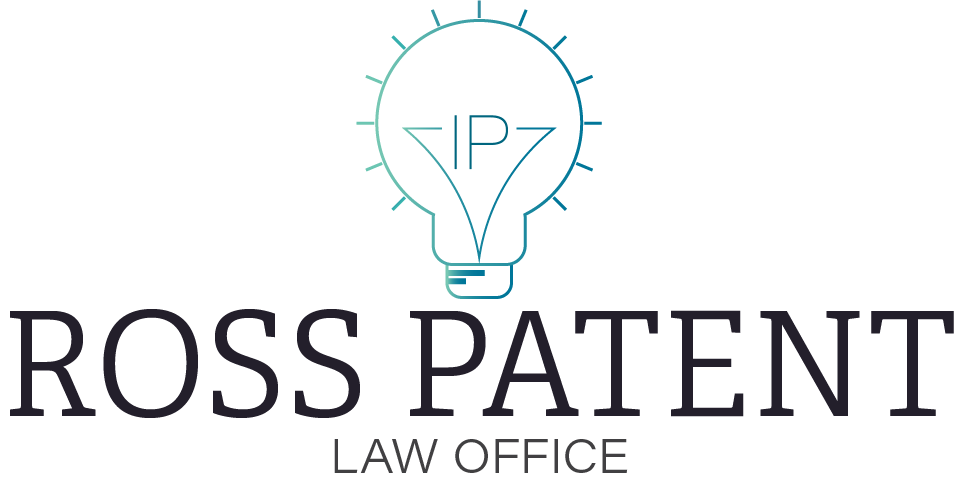The Advantages of Copyright Registration: Maximizing Protections and Enforcement Options
In the vast and interconnected world of digital creation and content dissemination, protecting intellectual property has never been more critical. While copyright automatically applies to any original work of authorship fixed in a tangible medium of expression, formally registering copyrights with the relevant governmental body offers a suite of benefits that can significantly enhance the protections and enforcement options for creators. This blog post delves into why formally registering copyrights is a pivotal step for creators looking to safeguard their work and enforce their rights.
Enhanced Legal Protections
Statutory Damages and Attorney’s Fees: One of the most compelling reasons to register your copyright is the eligibility for statutory damages and attorney’s fees in litigation. Without a formal registration, a copyright owner is limited to actual damages, which can be difficult and costly to prove. Registration before infringement, or within three months of publication, grants the ability to pursue statutory damages, which can be significantly higher and do not require the demonstration of actual financial loss. Moreover, the possibility of recovering attorney's fees can be a powerful deterrent against infringement and a crucial factor in the economic viability of litigation.
Public Record and Prima Facie Evidence: Copyright registration creates a public record of your copyright claim, providing a clear indication of your rights to the public and potential infringers. This public record serves as prima facie evidence of copyright ownership and the validity of the copyright in court, simplifying the enforcement process and shifting the burden of proof to the defendant.
Improved Enforcement Tools
Registration as a Prerequisite for Litigation: In many jurisdictions, including the United States, copyright registration is a prerequisite for filing a copyright infringement lawsuit. This requirement underscores the importance of registration in enforcing copyright protections. By ensuring your work is registered, you retain the option to seek legal remedies through the courts if your rights are infringed.
Border Protection Measures: Copyright registration can also assist in enforcing rights at the borders. In some countries, registered copyrights can be recorded with customs authorities, enabling them to seize counterfeit copies of protected works. This proactive measure can significantly hinder the distribution of unauthorized copies and protect the market for genuine products.
Deterrence and Licensing
Deterrence of Potential Infringers: The act of registering a copyright itself can act as a deterrent to potential infringers. The visibility of registration signals to would-be infringers that the creator is serious about protecting their rights and is prepared to take legal action if necessary. This deterrence can be invaluable in preserving the integrity and value of a work.
Facilitating Licensing Agreements: Copyright registration enhances the appeal of a work to potential licensees by clearly establishing copyright ownership. This clarity can facilitate licensing agreements, as it assures licensees of the legal standing to use the work. Moreover, registration can increase the market value of a work, as it removes ambiguities regarding ownership and rights, making it a more attractive asset for commercial exploitation.
Conclusion
While copyright exists from the moment of creation, formally registering a copyright maximizes the protections and enforcement options available to creators. From eligibility for statutory damages and attorney’s fees to enhanced enforcement tools and improved licensing opportunities, the benefits of registration are both broad and significant. For creators seeking to protect and monetize their intellectual property in the digital age, copyright registration is an indispensable step in establishing and enforcing their rights.



